Cytoplatin 50MG Injection (50ml)
Cytoplatin 50MG Injection (50ml) is a potent chemotherapy agent primarily composed of Cisplatin, delivering a dosage of 50mg per 50ml vial. This medication is widely utilized in the treatment of various types of cancer, including testicular, ovarian, bladder, and lung cancers. As a platinum-based compound, Cytoplatin works by interfering with the DNA replication process in cancer cells, ultimately leading to cell death. The injection is typically administered intravenously under the supervision of a healthcare professional, ensuring that patients receive the correct dosage and monitoring for any potential side effects. The formulation of Cytoplatin is designed to maximize its efficacy while minimizing adverse reactions, making it a critical component in oncological therapies. Understanding the composition and purpose of Cytoplatin is essential for patients and caregivers as they navigate cancer treatment options.
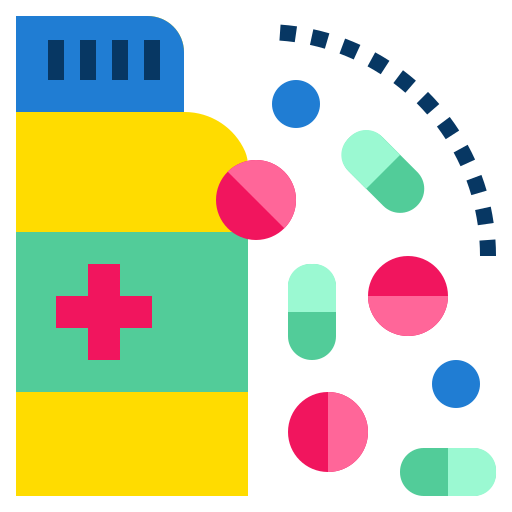
Essential Drug Facts
| Dosage form | Iv(Intravenous) Injection |
|---|---|
| Chemical Class | Platinum Analogs |
| Habit Forming | No |
| Systemic Category | Oncology |
| Action Class | Platinum compounds-Anticancer |

What are the Indication / Medical Uses of Cytoplatin 50MG Injection (50ml)
Cytoplatin 50MG Injection (50ml) is indicated for the treatment of several malignancies, including advanced testicular cancer, ovarian cancer, bladder cancer, and non-small cell lung cancer. It is often used in combination with other chemotherapy agents to enhance therapeutic outcomes. The drug is particularly effective in cases where other treatments have failed or when the cancer is diagnosed at an advanced stage. Oncologists may prescribe Cytoplatin as part of a comprehensive treatment plan tailored to the individual needs of the patient, taking into account the type and stage of cancer, as well as the patient's overall health.

How Does Cytoplatin 50MG Injection (50ml) Benefit You?
The benefits of Cytoplatin 50MG Injection (50ml) for patients undergoing cancer treatment are significant. By targeting and destroying rapidly dividing cancer cells, Cytoplatin can help reduce tumor size, slow disease progression, and improve overall survival rates. Many patients experience a reduction in cancer-related symptoms, such as pain and discomfort, as the drug works to eliminate malignant cells. Additionally, when used in combination with other therapies, Cytoplatin can enhance the effectiveness of the overall treatment regimen, providing a more comprehensive approach to cancer care. The potential for improved quality of life during treatment makes Cytoplatin a valuable option for many individuals facing cancer.
.svg)
Cytoplatin 50MG Injection (50ml) Action Mechanism
Cytoplatin 50MG Injection (50ml) exerts its therapeutic effects through a specific action mechanism that involves the formation of DNA cross-links. Once administered, Cisplatin enters the cancer cells and binds to DNA, causing structural changes that inhibit DNA replication and transcription. This disruption triggers cellular repair mechanisms, but the extensive damage often overwhelms the cancer cells, leading to apoptosis, or programmed cell death. By effectively targeting the DNA of cancer cells, Cytoplatin plays a crucial role in halting tumor growth and proliferation, making it a cornerstone in the treatment of various malignancies.

How should Cytoplatin 50MG Injection (50ml) be used
Cytoplatin 50MG Injection (50ml) should be used strictly according to the prescribing physician's instructions. The dosage and frequency of administration depend on the specific type of cancer being treated, the patient's overall health, and their response to previous treatments. Typically, Cytoplatin is administered intravenously, and healthcare providers will monitor the patient closely for any adverse reactions during and after the infusion. It is essential for patients to communicate openly with their healthcare team regarding any side effects or concerns that arise during treatment to ensure optimal management and care.

When is the best time to take Cytoplatin 50MG Injection (50ml) ?
The best time to take Cytoplatin 50MG Injection (50ml) is determined by the treatment schedule established by the healthcare provider. It is often administered in cycles, with specific intervals between doses to allow the body to recover from the effects of chemotherapy. Patients should adhere to the schedule provided by their oncologist, as timing can significantly impact the drug's effectiveness and the patient's overall treatment experience. It is crucial to attend all scheduled appointments for administration and monitoring to achieve the best possible outcomes.

How does it affect me if I overdose?
In the event of an overdose of Cytoplatin 50MG Injection (50ml), patients may experience severe side effects, including significant nausea, vomiting, kidney damage, and bone marrow suppression, which can lead to a decreased ability to fight infections and produce blood cells. Overdose situations require immediate medical attention, and healthcare providers may implement supportive measures to manage symptoms and mitigate complications. It is vital for patients to follow prescribed dosages closely and report any concerns to their healthcare team promptly.
.svg)
How does it affect me if I miss a dose?
If a patient misses a dose of Cytoplatin 50MG Injection (50ml), it is essential to contact their healthcare provider immediately for guidance. Depending on the timing of the missed dose, the provider may recommend rescheduling the administration or adjusting the treatment plan. Missing a dose can potentially affect the overall effectiveness of the treatment regimen, so timely communication with the healthcare team is crucial to ensure continuity of care and optimal outcomes.

Drug Adverse Reactions of Cytoplatin 50MG Injection (50ml)
Cytoplatin 50MG Injection (50ml) may cause various adverse reactions, which can range from mild to severe. Common side effects include nausea, vomiting, loss of appetite, fatigue, and hair loss. More serious side effects may involve kidney toxicity, electrolyte imbalances, and bone marrow suppression, leading to increased susceptibility to infections and anemia. Patients should be vigilant for any unusual symptoms and report them to their healthcare provider promptly to manage side effects effectively and adjust treatment as necessary.

Cytoplatin 50MG Injection (50ml) Tablet is contraindicated in following conditions
Cytoplatin 50MG Injection (50ml) is contraindicated in several conditions, including severe renal impairment, hypersensitivity to Cisplatin or other platinum-based drugs, and pre-existing bone marrow suppression. Patients with a history of allergic reactions to Cisplatin should avoid this medication, as it may trigger severe allergic responses. Additionally, individuals with significant hearing loss or those who are pregnant should not use Cytoplatin due to potential risks to the fetus and the possibility of exacerbating hearing issues.

Cytoplatin 50MG Injection (50ml) Safety Warnings and Precautions

The combination of Cisplatin and alcohol can exacerbate side effects and may increase the risk of liver toxicity, so alcohol consumption should be avoided during treatment.

Patients with a known hypersensitivity to Cisplatin or other platinum-based compounds should not receive this medication due to the risk of severe allergic reactions.

Cisplatin is known to cause fetal harm and is contraindicated during pregnancy due to its potential teratogenic effects.

While Cisplatin can be used in pediatric oncology, careful monitoring and dosage adjustments are necessary due to the potential for increased toxicity and side effects in children.

Cisplatin can be excreted in breast milk, posing a risk to nursing infants, and is generally not recommended for breastfeeding mothers.

Cisplatin may cause side effects such as dizziness or fatigue, which can impair the ability to drive or operate machinery safely, so patients should be advised to assess their own capabilities before driving.

Cisplatin is nephrotoxic, and patients with pre-existing kidney conditions should be closely monitored, as renal function may be further compromised.

Cisplatin may cause pulmonary toxicity, and patients with pre-existing lung conditions should be evaluated for respiratory function before and during treatment.

Although Cisplatin is primarily excreted by the kidneys, liver function should be assessed before treatment, as hepatic impairment may influence drug metabolism and clearance.

Cisplatin can cause cardiovascular side effects, and patients with pre-existing heart conditions should be monitored for potential complications during treatment.

Interactions between Cytoplatin 50MG Injection (50ml)
Cytoplatin 50MG Injection (50ml) may interact with several other medications, potentially altering their effectiveness or increasing the risk of adverse effects. Notable interactions include those with nephrotoxic agents, such as nonsteroidal anti-inflammatory drugs (NSAIDs) and certain antibiotics, which can exacerbate kidney damage. Additionally, medications that affect electrolyte levels, such as diuretics, may also interact with Cytoplatin, leading to complications. Patients should inform their healthcare provider of all medications, supplements, and over-the-counter products they are taking to ensure safe and effective treatment.

How to store and dispose of Cytoplatin 50MG Injection (50ml)
Cytoplatin 50MG Injection (50ml) should be stored at room temperature, away from direct sunlight and moisture. It is essential to keep the medication out of reach of children and pets. Unused or expired Cytoplatin should be disposed of properly, following local regulations for hazardous waste. Patients should not throw the medication in household trash or flush it down the toilet unless specifically instructed to do so by a healthcare provider. Proper storage and disposal are crucial to ensure safety and prevent accidental exposure.

Here are a few quick tips for Cytoplatin 50MG Injection (50ml)
Here are a few quick tips for using Cytoplatin 50MG Injection (50ml) effectively and safely: Always follow your healthcare provider's instructions regarding dosage and administration. Stay well-hydrated before and after receiving the injection to help protect your kidneys. Report any side effects or unusual symptoms to your healthcare team promptly. Attend all scheduled appointments for treatment and monitoring. Maintain open communication with your healthcare provider about any other medications or supplements you are taking. Consider joining a support group for emotional and psychological support during your treatment journey.

Parameters that should be monitored Cytoplatin 50MG Injection (50ml)
While using Cytoplatin 50MG Injection (50ml), several parameters should be monitored to ensure patient safety and treatment efficacy. Regular blood tests are essential to assess kidney function, blood cell counts, and electrolyte levels. Monitoring for signs of infection, such as fever or unusual fatigue, is also crucial due to the risk of bone marrow suppression. Additionally, healthcare providers may evaluate the patient's overall health and response to treatment through physical examinations and imaging studies to track tumor response and adjust the treatment plan as necessary.

Considerations related to diet Cytoplatin 50MG Injection (50ml)
Dietary considerations while using Cytoplatin 50MG Injection (50ml) are important for maintaining overall health and minimizing side effects. Patients are often advised to consume a balanced diet rich in fruits, vegetables, whole grains, and lean proteins to support their immune system and overall well-being. Staying hydrated is particularly important, as it can help mitigate some of the renal side effects associated with Cisplatin. Patients should also discuss any specific dietary restrictions or recommendations with their healthcare provider to ensure they are meeting their nutritional needs during treatment.

Question and Answer (FAQ)
Q: What is Cytoplatin 50MG Injection used for?
A: Cytoplatin 50MG Injection is used primarily for the treatment of various cancers, including testicular, ovarian, bladder, and lung cancers.
Q: How is Cytoplatin administered?
A: Cytoplatin is administered intravenously by a healthcare professional, typically in a clinical setting.
Q: What are the common side effects of Cytoplatin?
A: Common side effects include nausea, vomiting, fatigue, loss of appetite, and hair loss.
Q: Can Cytoplatin be used during pregnancy?
A: Cytoplatin should be used with caution during pregnancy due to potential risks to the developing fetus.
Q: Is it safe to breastfeed while using Cytoplatin?
A: Cytoplatin is excreted in breast milk, so it is advisable to consult a healthcare provider before breastfeeding during treatment.
Q: What should I do if I miss a dose of Cytoplatin?
A: If you miss a dose, contact your healthcare provider immediately for guidance on rescheduling.
Q: What are the risks of overdosing on Cytoplatin?
A: Overdosing on Cytoplatin can lead to severe side effects, including kidney damage and bone marrow suppression.
Q: How should Cytoplatin be stored?
A: Cytoplatin should be stored at room temperature, away from direct sunlight and moisture.
Q: Can I consume alcohol while taking Cytoplatin?
A: It is advisable to avoid alcohol during treatment with Cytoplatin, as it can exacerbate side effects.
Q: What dietary considerations should I keep in mind while using Cytoplatin?
A: Patients should maintain a balanced diet and stay well-hydrated to support overall health and minimize side effects during treatment.

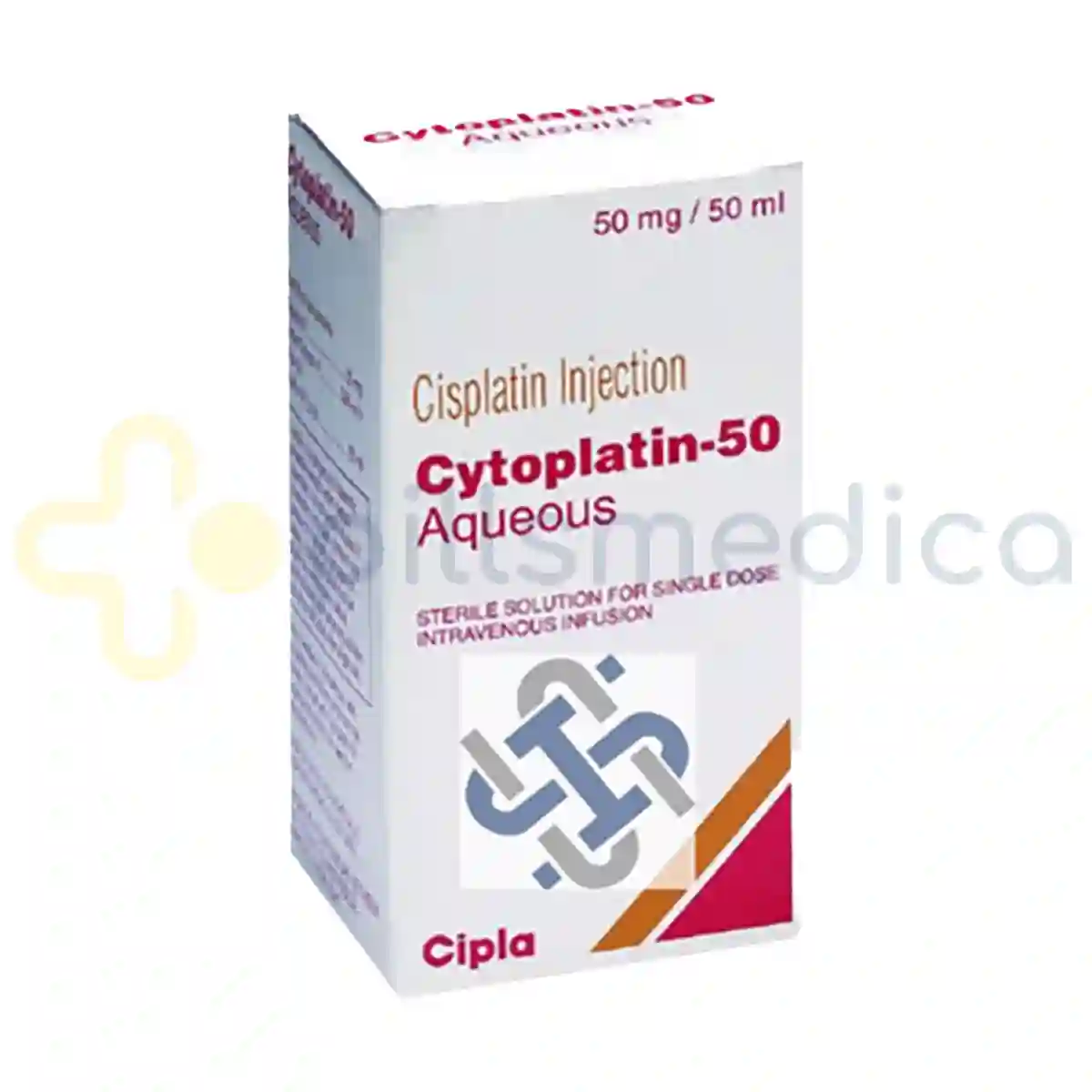
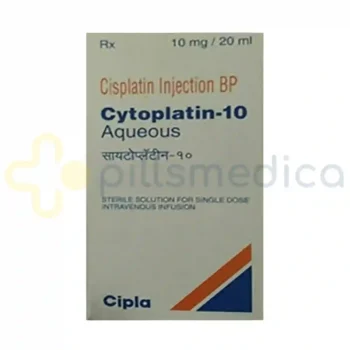
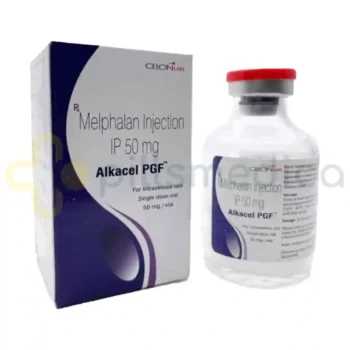
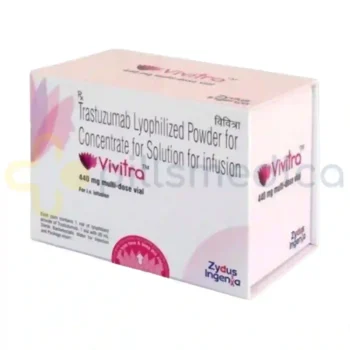
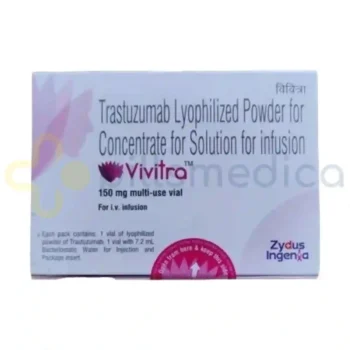
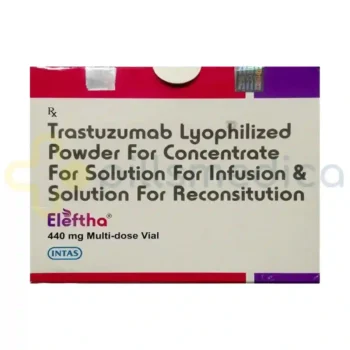
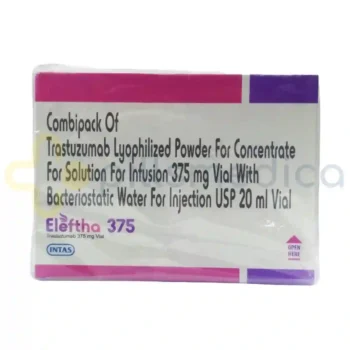
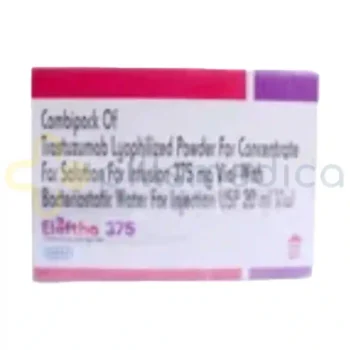
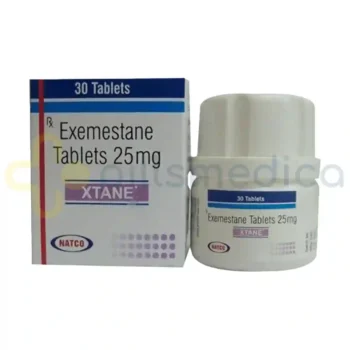
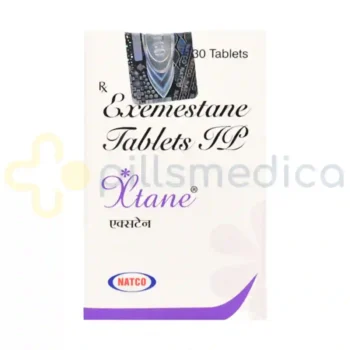
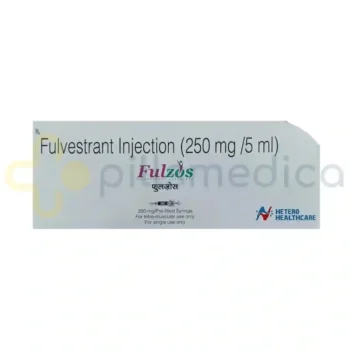
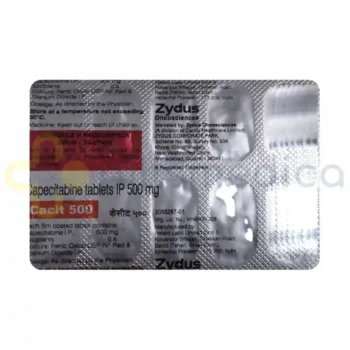
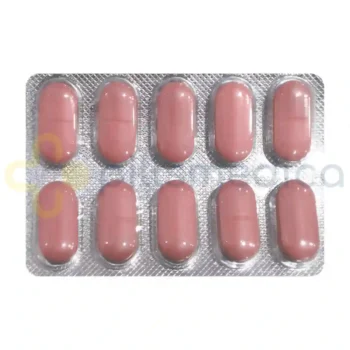
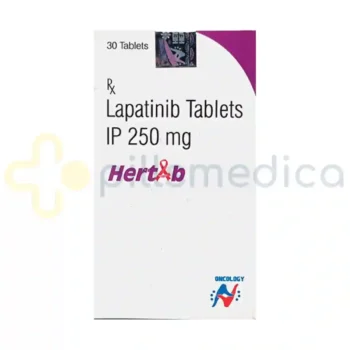
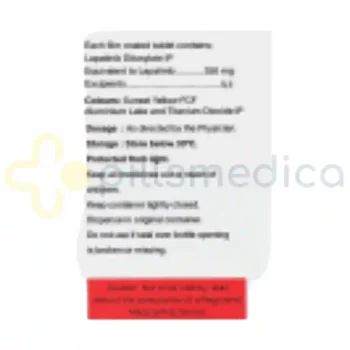


Reviews
There are no reviews yet.